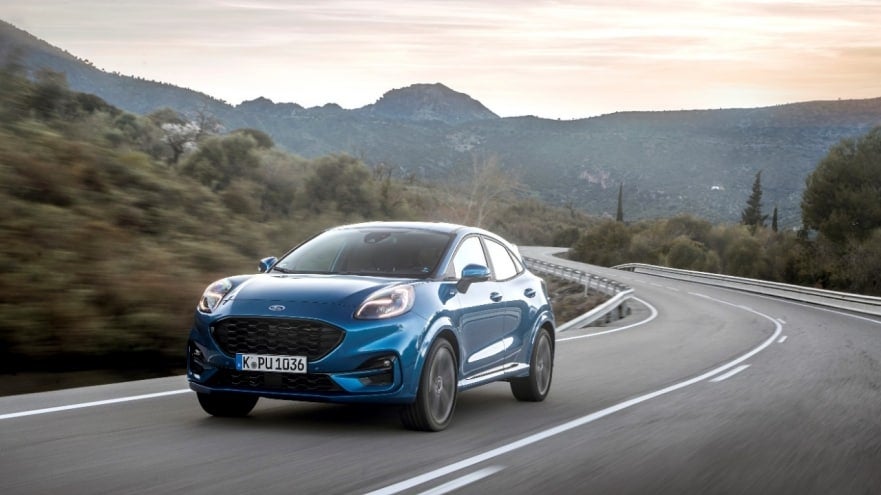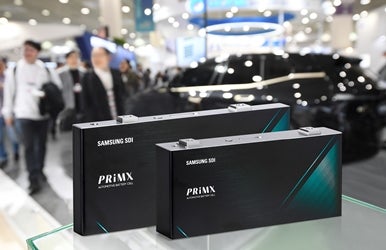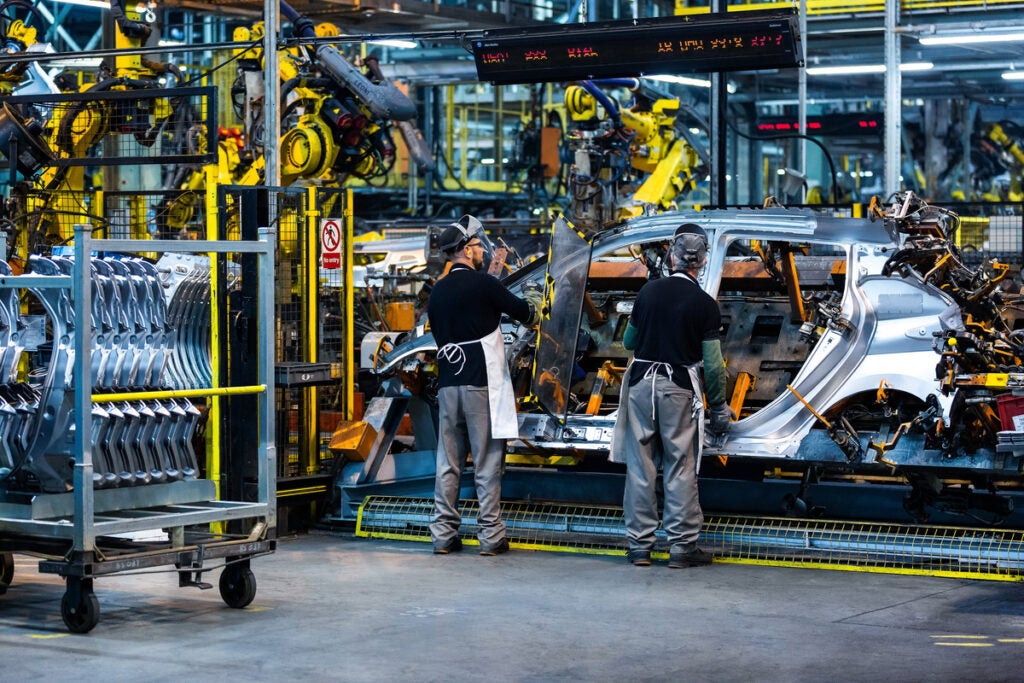The UK new car market grew by 9.5% in November to reach 156,525 units, according to the latest figures from the Society of Motor Manufacturers and Traders (SMMT). In the market’s best November for four years, registrations almost returned to pre-pandemic levels, down just 96 units (-0.1%) on 2019.

Growth was driven entirely by fleets investing in the latest vehicles, with registrations rising 25.4% to account for 93,049 units and 59.4% of the whole market. However, private demand was depressed, dropping 5.9% to 60,506 registrations, while business uptake fell 32.7% to 2,970 units. Year to date, however, the overall market remains up 18.6% at 1.762 million units, with a return to growth in the corporate market fuelling a recovery that has been underway for 16 months.

November proved a strong month for both hybrid electric vehicles (HEVs) and plug-in hybrid vehicles (PHEVs), rising by 27.8% and 55.8% respectively. Fleets also continued to transition to battery electric vehicles (BEVs), buoyed by tax incentives. Of the 24,359 new BEVs reaching the road in November, 77.4% were taken on by fleets and businesses.
While overall BEV volumes fell by 17.1%, leading to a reduced market share of 15.6%, last November was atypical with significant deliveries following supply chain disruptions. Year to date, BEV uptake is up 27.5% with a 16.3% market share – expected to rise to 22.3% next year.

However, the SMMT warned of challenges ahead, in particular with new regulations coming into force in January mandating that 22% of each manufacturer’s new vehicle registrations must be zero emission.
The SMMT maintains that sustained recovery depends on inspiring consumers with fiscal incentives, as well as greater investment in essential charging infrastructure. The trade body said halving VAT on new BEVs and reducing VAT on public charging to 5% in line with home charging would increase the attractiveness of driving electric and make the zero emission transition more accessible to a larger number of consumers.
Rules of origin concerns rising
The SMMT also warned that there is an urgent need to delay tougher new UK-EU Rules of Origin which will begin on 1 January 2024. It said failure to postpone these rules would see EVs traded both ways incur tariffs that would raise prices for consumers at a critical moment in the transition. With less than four weeks to go, carmakers and governments on both sides of the English Channel have called for a ‘common sense approach’ to retain the current EV battery rules for a further three years to support consumer choice and affordability.
Mike Hawes, SMMT Chief Executive, said: “Britain’s new car market continues to recover, fuelled by fleets investing in the latest and greenest new vehicles. With car makers gearing up to meet their responsibilities under new market legislation, and COP28 currently underway, now is the time to take sensible steps that will multiply that economic growth and minimise carbon emissions.
“Private EV buyers need incentives in line with those that have so successfully driven business uptake – and workable trade rules that promote rather than penalise the transition.”

















